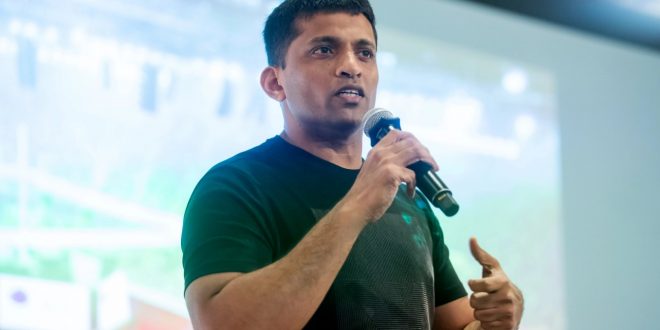On Wednesday, Byju’s unveiled three transformer models to improve service quality and streamline student learning and personalization as the edtech giant bets big on AI to transform its business.
Badri, a predictive AI model, predicts when students may struggle with certain concepts. This model proactively suggests ways to fill knowledge gaps, promoting ongoing learning.
Another model, MathGPT, can solve any math problem using analogies and visual aids. TeacherGPT, the third model, uses AI to grade and guide students.
Byju’s AI model contextualizes instruction to engage students by incorporating their interests. For a cricket-loving student, the AI model can explain complex concepts using cricket analogies.
India’s most valuable startup said its transformer models—part of Byju’s “Wiz” suite—have been meticulously trained on Byju’s billions of student touch points. In an interview with Byju’s Chief Innovation and Learning Officer, Dev Roy, said the 87%-accurate models have been calibrated to operate within the curriculum.
He said Byju’s, which uses ChatGPT to generate content, has optimized the models for cost and set guardrails.
He said Byju’s transformers will affect most of a student’s journey. Badri monitors student learning based on consumption habits across the marquee service. He said students will receive personalized recommendations and tests.
Roy demonstrated how MathGPT was solving equations and providing visual aids using GeoAlgebra data, a startup the edtech firm acquired in late 2021. In the coming quarters, all Byju edtech services will use AI.
In an interview, Byju’s co-founder, Divya Gokulnath, said the company is using AI to improve many verticals internally. One such area is class quality—whether the teacher used the best analogies to teach a concept.
Gokulnath said Byju’s internal AI suites, which it has been building for over a year and a half, won’t replace moderators, content creators, or teachers.
Gokulnath said Byju’s is confident that AI model development and deployment will boost its business, including its bottom line. Executives stressed that exposing students to these AI models would boost their education.
The startup confirmed that it is developing large language models.
Generative AI services like OpenAI’s ChatGPT and Google’s Bard are threatening the edtech industry’s survival. Chegg, an edtech company, saw its shares fall over 60% this year after admitting that ChatGPT is hurting its business model.
After repeated prodding, Roy warned that many edtech services that don’t use AI could become obsolete.
 Tech Gadget Central Latest Tech News and Reviews
Tech Gadget Central Latest Tech News and Reviews




